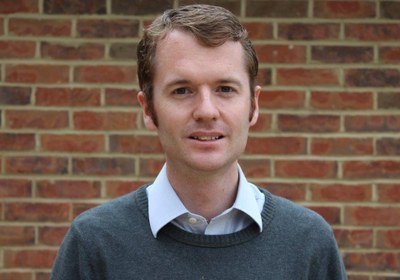By Sheila Mckenzie-
Researchers at Cambridge University in the UK are trialing an artificial intelligence system that they think could spot the signs of dementia after a single brain scan.
The team – led by Prof Zoe Kourtzi of the university and Alan Turing Institute – believes the trials could make it possible to start treatment much earlier than previously thought, to slow down progression of Alzheimer’s disease and other forms of dementia.
Prof Kourtzi is also director of the Early Detection of Neurodegenerative diseases (EDoN) initiative, which recently secured $2 million in funding from the U.S Alzheimer’s Drug Discovery Foundation (ADDF) to develop a digital “toolkit” of apps and wearables to detect the very earliest stage of dementia.
The strong team are literally on the verge of a major breakthrough which ignite a transformation in the early identification and prevention of dementia, also potentially leading to more effective treatment for dementia patients.
Around 500 patients will be enrolled into a clinical trial of the AI at Addenbrooke’s Hospital in Cambridge and other memory clinics across the UK led by consultant neurologist Dr Tim Rittman(pictured)
Trials that have taken place so far with participants indicate a high chance of success, with a lot more in the pipeline.
The phenomenal technology has been in the past used to detect eye diseases, and spot early signs of oesophageal cancer, as it now transits to higher levels of development in its remarkable history.
The technology could be used to spot patients who are likely to have a slow decline in cognition and memory, and those that could have more rapid progression.
The AI has been trained using thousands of brain scans from patients with dementia patients, using an algorithm to identify patterns that even expert neurologists cannot see, according to the BBC report.
In preclinical testing it has been able to diagnose dementia years before symptoms develop, before any evident signs of damage on a scan.
The main thrust of the project is to develop machine learning models to identify patterns of early disease specific to different neurodegenerative diseases.
“Global efforts to tackle the diseases that cause dementia are currently hamstrung by our inability to detect them early enough,” according to Kourtzi.
“Digital technology holds enormous potential to put us on the front foot when it comes to identifying diseases like Alzheimer’s.”
Should the trial prove as successful as expected by the experts conducting it, it will be tremendous development in medical science, taking the expertise of Artificial intelligence to new heights.




